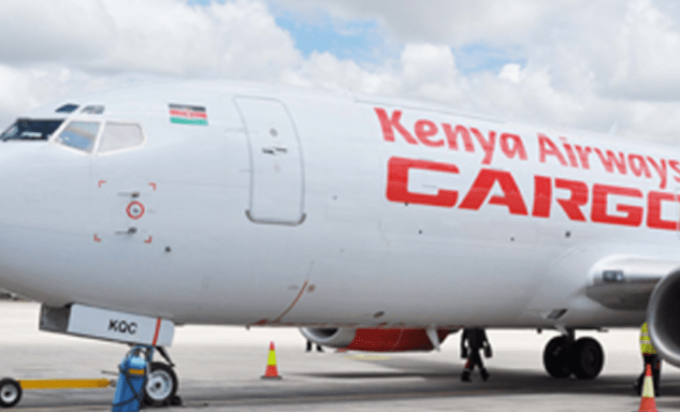New Schiphol tariff hikes unfair on freight and will 'harm air cargo hub' status
Freight will be disproportionately impacted by Schiphol Airport’s proposed new tariffs – a 41% hike ...

Kenya has stepped up its standards in pharmaceuticals handling via its flag-carrier’s facility in Nairobi, but some flower exports could be heading to key markets by sea.
Kenya Airways Cargo was awarded the Centre of Excellence for Independent Validators (CEIV) certification by IATA for its KQ ...

Comment on this article